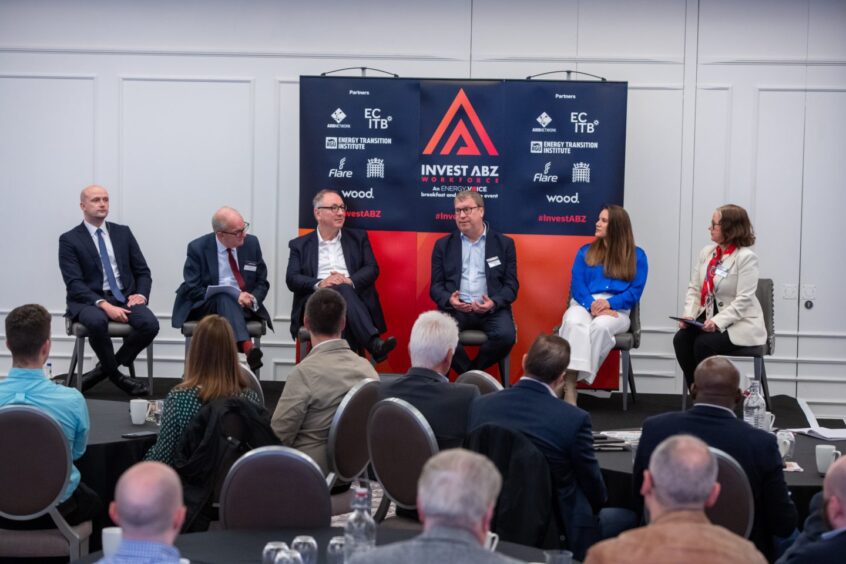
Attendees at Invest ABZ heard how “sustainability and clarity” are needed in the energy sector in order to deliver energy transition workers.
The event at Aberdeen’s Chester Hotel covered how the north-east of Scotland can meet net zero targets and the ways in which it can overcome skills shortages.
As anyone who has been paying attention to energy news over the past 24 months could guess, this conversation led to fiscal policy, namely the windfall tax.
Professor Paul de Leeuw, director of Robert Gordon University’s Energy Transition Institute, argued: “If you have a windfall tax for seven years, it’s no longer a windfall tax it’s a tax.”
The controversial fiscal policy came into play in 2022 when now Prime Minister Rishi Sunak was chancellor.
The Energy Profits Levy (EPL), or windfall tax, has brought the headline rate of tax to 75% for UK oil and gas operators and as a result has faced criticism from the industry.
Industry heavy hitters such as Harbour Energy, the UK’s largest producer of oil and gas have looked to acquire overseas firms in order to diversify portfolios.
In March, Chancellor Jeremy Hunt announced an extension to the North Sea windfall tax by a year, bringing its projected end to 2029.
“The consequences are quite severe,” said Paul de Leeuw “What we’re seeing now is people saying ‘Is this the tax regime I want to invest in?’.”
On this, Andrew Hockey chief executive of ECITB said that the demands he has heard from the industry come down to “sustainability and clarity”.
Andrew Hockey, alongside his colleagues at ECITB, hosted a workshop on the challenges of recruiting talent in the energy sector after the Invest ABZ panel session.
Watch Andrew Hockey’s conversation with Energy Voice here:
An argument often made by oil and gas companies is that additional taxes at a time when commodity prices have returned to normal levels impact the ability to invest in energy transition projects.
This comes as Labour, the party that is set to win the UK’s upcoming general election looks to hike the rate of tax to 78% and close the investment incentives that currently exist within the policy.
Stephen Flynn, the SNP’s Westminster lead and panel member at Invest ABZ said: “Paul has shown through his work over very many years now that those skills are transferrable, but they are only transferrable if there are jobs for people to take on.”
Mr Fynn added that the “responsibility” of making sure those jobs materialise lies with “us who work in the political sphere.”
Diversity and inclusion: ‘Sometimes you don’t see what you see’
The energy sector is currently facing a skills shortage and this is exacerbated, some may argue, due to a lack of diversity in the industry.
Wood’s senior vice president for UK operations, Martin Simmonite, fielded a question from the audience on fostering an environment to boost diversity within organisations.
He spoke about some recent panels he’d been on at Wood recently, commenting: “We talked openly about what are the challenges around bringing talent into the organisation.
“Both sides talked about their challenges of joining Wood and sometimes you don’t see what you see and there were some real fundamental small issues that can be easily addressed.”
He addressed an oversight in recruitment that could prevent those from lower-income backgrounds from securing a job with the engineering firm.
Mr Simmonite added: “A simple this is you look for a Masters degree because you want the top talent, but a Bachelors degree means you’re just as bright, just as talented, but maybe you don’t have the financial background to do that additional year for the Masters.”
Women are also underrepresented in energy firms, recent figures show that the percentage of women offshore is in the single digits and there is also a gender disparity in the board room.
Emma Behjat, co-chair of gender equality group AXIS Network and Business Development Manager at Intertek, tackled this issue in front of the Aberdeen audience.
She said: “We’ve talked a lot about the younger generation and trying to get them into careers and that’s certainly an area where we need to focus. But we also don’t want to neglect the already working community.
“There’s a lot of women who leave the workforce when they reach menopause and that’s because of the working environment for whatever reason isn’t suitable for them.”
Ms Behjat said that to fix this firms need to understand “those issues that only women will face” and ensure that “the workplace is suitable for that.”
She said that when focussing on diversity, equity and inclusion, it is important that everyone feels comfortable.
Recommended for you


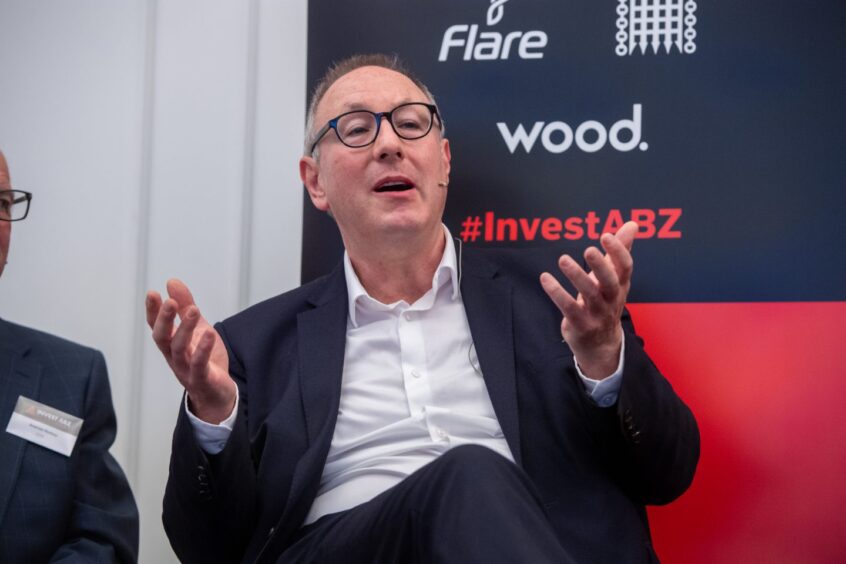 © Supplied by Kenny Elrick/DC Thom
© Supplied by Kenny Elrick/DC Thom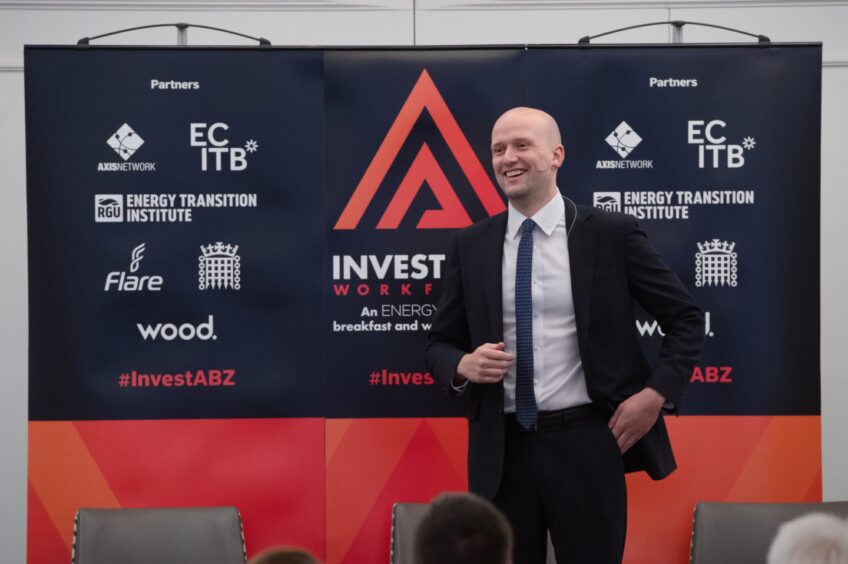 © Supplied by Kenny Elrick/ DCT Me
© Supplied by Kenny Elrick/ DCT Me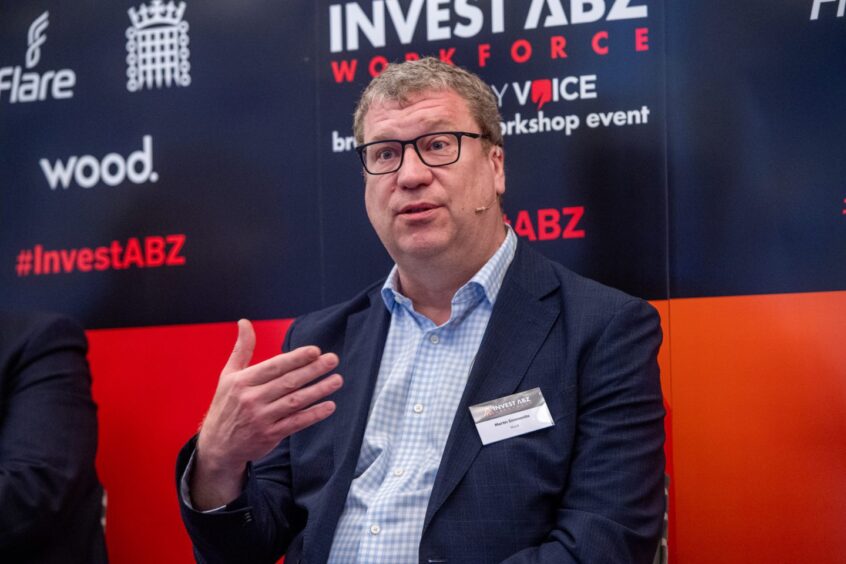 © Supplied by Kenny Elrick/DC Thom
© Supplied by Kenny Elrick/DC Thom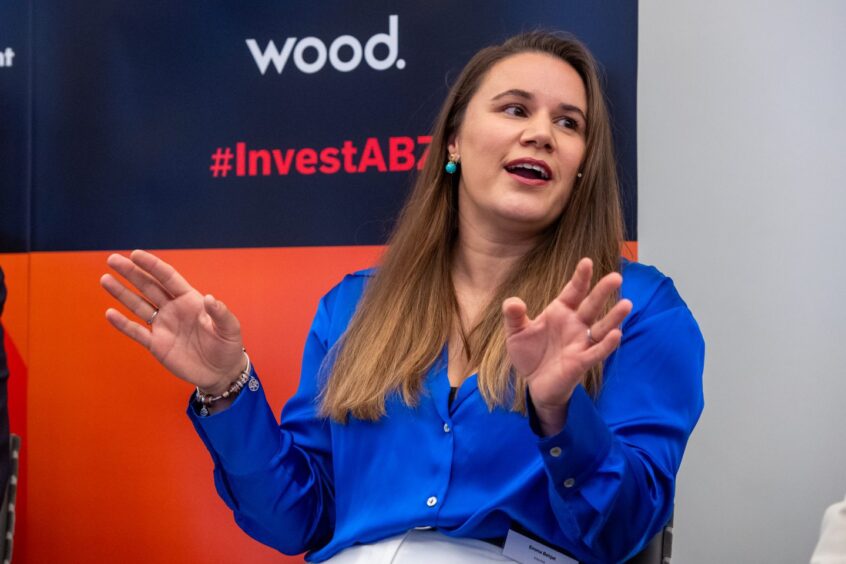 © Supplied by Kenny Elrick/DC Thom
© Supplied by Kenny Elrick/DC Thom